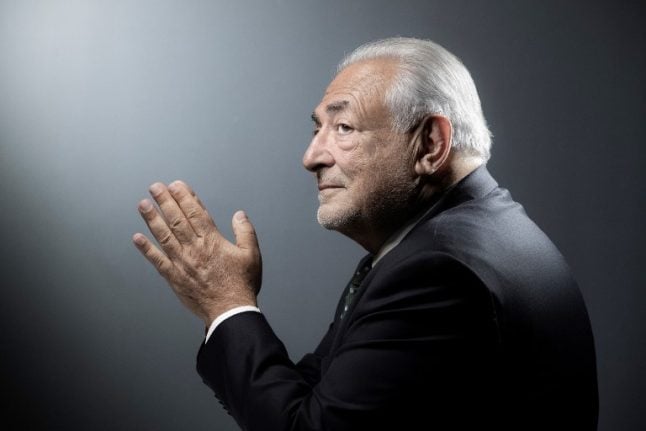Investigators have been taking evidence into the accusation by Mansouret's daughter Tristane Banon, a 32-year old writer and journalist, that Strauss-Kahn tried to rape her in 2003.
Banon claims that the attack took place when the two were alone in a private apartment in Paris. She had gone there to interview him for a book she was writing.
She initially made the allegation on a television show in 2007, but the former IMF chief's name was bleeped out to hide his identity.
Mansouret has previously revealed that she advised Banon not to report the alleged attack as she felt that the risk of the case being dismissed was too great.
Mansouret says she has decided to reveal details of her own experiences with her one-time friend because she believes the portrayal of Strauss-Kahn by his friends and associates as an almost harmless “inveterate charmer” is wide of the mark.
Far from being someone who is incapable of being violent towards women, she believes he is a sexual predator who takes what he wants and behaves with “the obscenity of a boor”.
According to Mansouret's account, after hearing her daughter's version of what had happened that evening, she called Strauss-Kahn's first wife, Brigitte Guillemette. Guillemette, who is also godmother to Tristane, then spoke to Strauss-Kahn who admitted what he had done, saying “I don't know what came over me. I slept with the mother and I just lost it when I saw her daughter.”
However, she decided to meet Strauss-Kahn to discuss the issue. According to her, he was remorseful and sorry for what had happened, saying that he hadn't wanted to hurt Tristane.
She also claims to have had an exchange with François Hollande, then general secretary of the Socialist Party and currently running to be the party's candidate in next year's presidential elections. Hollande will also be questioned by investigators about the charges.
Brigitte Guillemette told L'Express that she rejects Mansouret's version of events. “It's all false” she said, “and we told that to the investigators last week.”
Le Parisien has also reported that Guillemette plans to launch a libel action against Mansouret for her claim that she knew her ex-husband had inappropriate relations with students when he taught at the University of Nanterre.


 Please whitelist us to continue reading.
Please whitelist us to continue reading.
Member comments